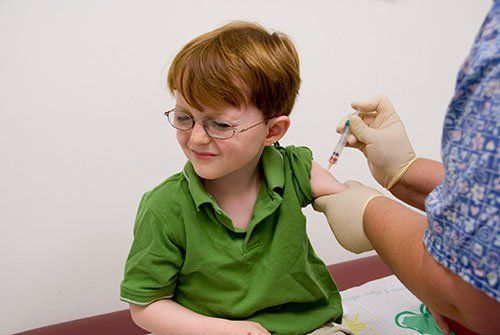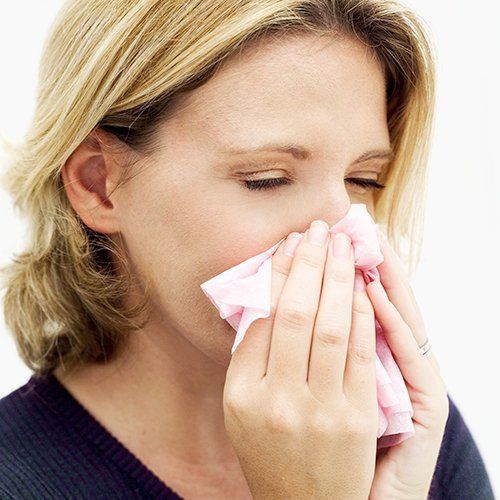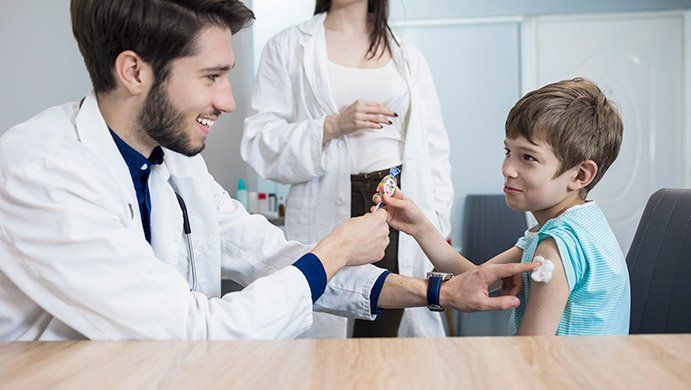HOW YOUNG PEOPLE CAN PREVENT OSTEOPOROSIS
Admin • September 30, 2021

Osteoporosis is a common issue for women who reach middle age and beyond, but men can also experience osteoporosis as they grow older. While developing this condition does depend on genetics, employment, and your general health (some illnesses can increase your risk of bone loss), many cases can be prevented by early intervention and awareness.
Young people, especially young women, can influence the future health of their bones for the better. Take the following information into consideration to possibly save you years of pain and complications from weakened bones decades down the road.
Bone Density
Osteoporosis occurs as your bones lose essential density. Instead of staying hard and resilient, the loss of density leaves them brittle and weak. The bones are much easier to break, even with slight force, and they take longer to heal after they are fractured. Many patients can experience bone pain and other musculoskeletal pain because their bones are not supportive.
You might think of your bones as inanimate. They are hard, they can break, and they aren't malleable like a muscle or a tissue. However, bones are living, growing parts of your body, and bones continue to develop throughout adolescence and early young adulthood. You can influence the health and strength of your bones during this time of early life development.
After you reach full adulthood, your bones begin to thin. This process is natural, but people who had healthier, stronger bones will retain more bone density during this period. Adult habits can also slow the process of bone reabsorption.
Daily Habits and Prevention for Youth
The path to healthy bones involves multiple daily habits. You might take a calcium supplement for strong bones, but without the other habits and prevention techniques, the supplement itself might not do as much as you hope. To foster strong bone growth in adolescence, teens and young adults should:
- Eat nutritious foods. Many teens rely too much on fast foods, quick energy carbohydrates, and caffeinated energy drinks. Young people who eat leafy greens, whole fruits and vegetables, dairy, and lean meats will have ample calcium supply to support bone health.
- Spend time outdoors. Vitamin D is essential to bone health. Your body makes vitamin D with exposure to the sun. Teens who spend a lot of time inside should take a supplement. Milk sold in grocery stores is usually fortified with vitamin D, so choose this option for bone health.
- Participate in physical activity. Your body is constantly adapting. With increased force on the bones, your body makes them stronger to help withstand more force without risk of fracture. Teens who run, swim, play team sports, or who lift weights will have denser, healthier bones.
While some habits support bones growth, others make it worse. Smoking and drinking alcohol can weaken bone development. Secondhand smoke can also have a negative impact on adolescent bone health.
Teens should also be aware that eating disorders and malnutrition put them at a huge risk for bone density loss in the future. Calorie restrictive diets combined with high levels of exercise will rob from the bones instead of building them up. No teens should go on a diet without consulting with a physician.
Even a 10 percent increase in bone mass during childhood development decreases the risk of severe bone loss during adulthood by half. As far as investments go, supporting early bone development is one of the best ones you can make.
Bone Health for Older Adults
Even after you are no longer a teen or young adult, you can still do plenty as an adult to slow bone loss. If you are not active, become so. Walking and lifting light weights is better than having no physical activity. Add whole fruits and vegetables to your diet, and talk to your doctor about adding calcium supplements.
For more information on keeping your bones healthy for years to come, contact us at Hampstead Medical Center PC.

The IUD, or intrauterine device, is one of the most effective methods of birth control available. Unlike birth-control pills, you do not need to remember daily to administer medication, and the device itself lasts longer than shots and is easier to use than rings. Many women find all of these benefits desirable for a birth-control method. There are two general types of IUDs available to women. The first type is the copper IUD, and the other is hormonal. Which one is right for your personal birth-control needs?
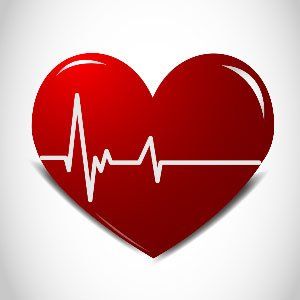
Although the risk of cardiovascular disease increases as you get older, many people who die suddenly of a heart attack didn't previously know they had heart disease. That's why identifying risk factors for heart attack and stroke is so critical to cardiovascular health. Fortunately, with regular exams and the many types of screening tests available, doctors can detect early signs of heart disease.
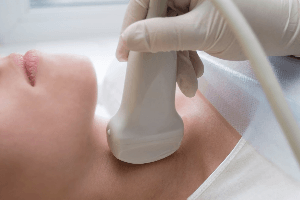
Even if you've never had cause to doubt your thyroid function, if you're a female who has recently given birth, you may be at risk for thyroid issues. An estimated 12 percent of Americans deal with thyroid trouble at some point during their adult lives, and women are significantly more likely than men to develop a thyroid-related ailment. Unfortunately for new mothers, many of the most common signs of an underactive thyroid (like weight gain, mood swings, fatigue, and irritability) are also quite common for those dealing with a newborn's frequent night wakings and the realities of a post-partum body. Read on to learn more about some common (and not-so-common) signs that you could be dealing with a pregnancy-induced thyroid problem as well as some treatment options that can be safely administered or performed while you're breastfeeding. What Can Cause Thyroid Problems During Pregnancy? As with many other hormonal disorders, there are often more questions than answers when it comes to thyroid function. However, researchers have pinpointed a few factors and health conditions that can raise the risk of a woman’s developing a thyroid issue during or immediately after pregnancy. For example, while only around 7 percent of women are at a general risk of developing postpartum thyroiditis, this risk increases to 25 percent for women who have Type 1 diabetes or who dealt with elevated antithyroid antibodies during pregnancy. Women whose anti-peroxidase (anti-TPO) antibodies were elevated during pregnancy may have a 1 in 2 chance of developing postpartum thyroiditis, and those who have dealt with thyroid issues in the past (or during previous pregnancies) also deal with a significantly increased risk. In other cases, thyroid problems may have no cause that can easily be pinpointed; the rush of various hormones during pregnancy and the strain they can put on various systems, including the endocrine system, can create a sort of "perfect storm" in which thyroid problems may thrive. What Are Some Signs You're Dealing With Post-Pregnancy Thyroid Issues? Thyroid problems can take a number of forms, including hypothyroidism (an underactive thyroid), hyperthyroidism (an overactive thyroid), Graves' disease (an autoimmune condition that causes goiter), or Hashimoto's disease (an autoimmune condition in which the body's immune system attacks healthy thyroid cells, eventually stopping all thyroid function). The signs and symptoms for each thyroid disorder are unique and often at opposite sides of the spectrum. For example, hypothyroid patients often report being cold, having dry skin, sleeping more than normal, or gaining weight without trying while hyperthyroid patients sweat profusely, suffer from insomnia, and can lose a significant amount of weight in a brief period. Postpartum thyroiditis often manifests as either an underactive or overactive thyroid, which usually normalizes itself in a few months. Symptoms lasting longer than that or that appear to be getting worse may necessitate medical intervention. What Treatment Options for an Underactive Thyroid Are Best for New Mothers? Whether you suspect you have postpartum thyroiditis or have been formally diagnosed, you may be worried about how your potential treatment options could impact your ability to breastfeed and what effect (if any) they might have on your child. Fortunately, there are a number of effective options from which to choose. If your postpartum thyroiditis is deemed autoimmune in origin, there is some evidence that taking selenium supplements could help normalize your thyroid function without requiring you to take hormonal medication (which might pass into your milk supply). If your symptoms aren't severe and don't impact your daily life, you may instead opt for watchful waiting, maintaining contact with your doctor and reporting any worsening symptoms but avoiding medication or other treatment for the time being. However, if your doctor recommends supplemental thyroid hormone, this usually means some intervention is necessary to prevent permanent damage to your thyroid and the organs and systems that depend on a steady dose of hormones. Make an appointment with Hampstead Medical Center PC to get started taking care of your health.


